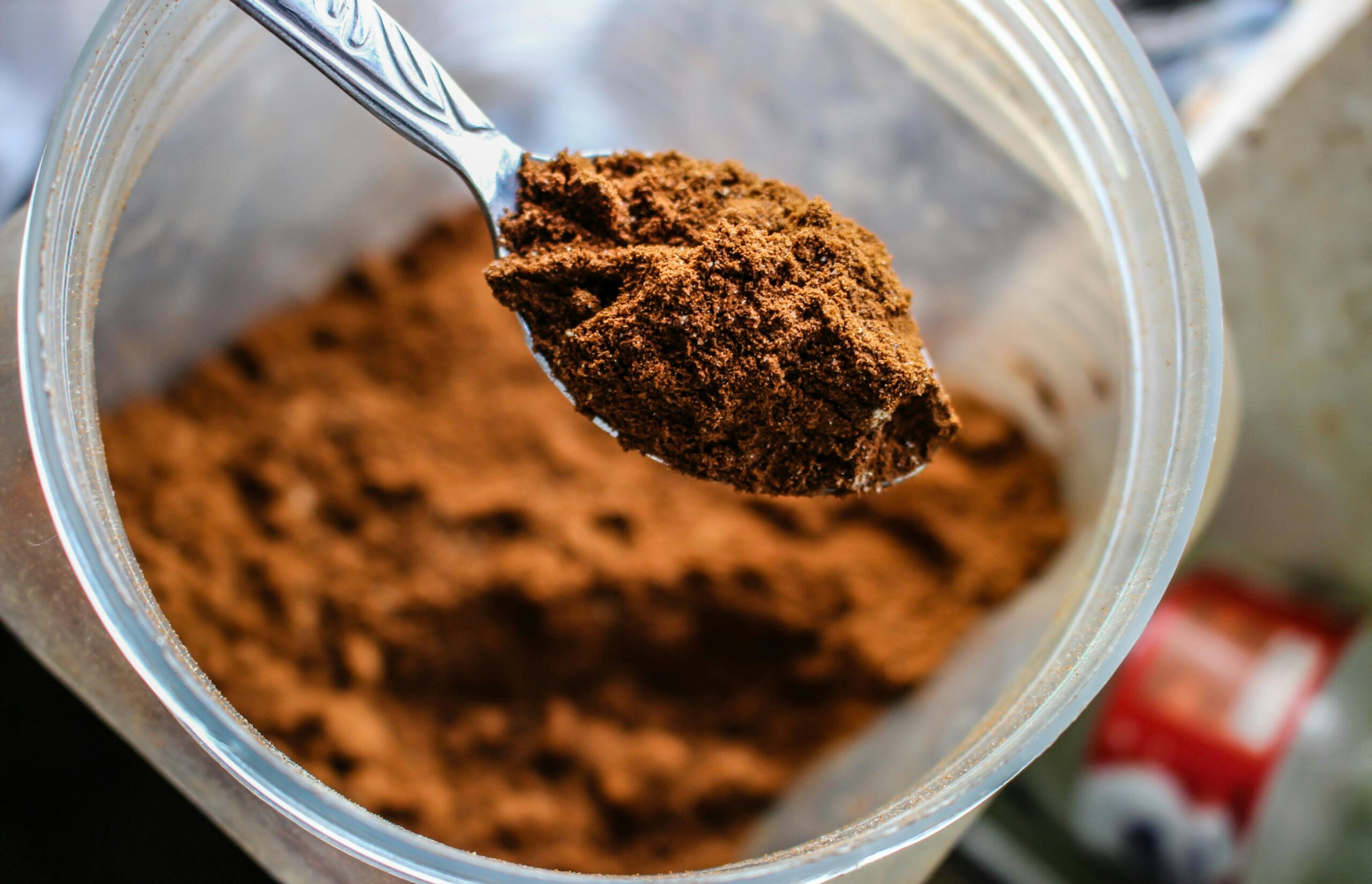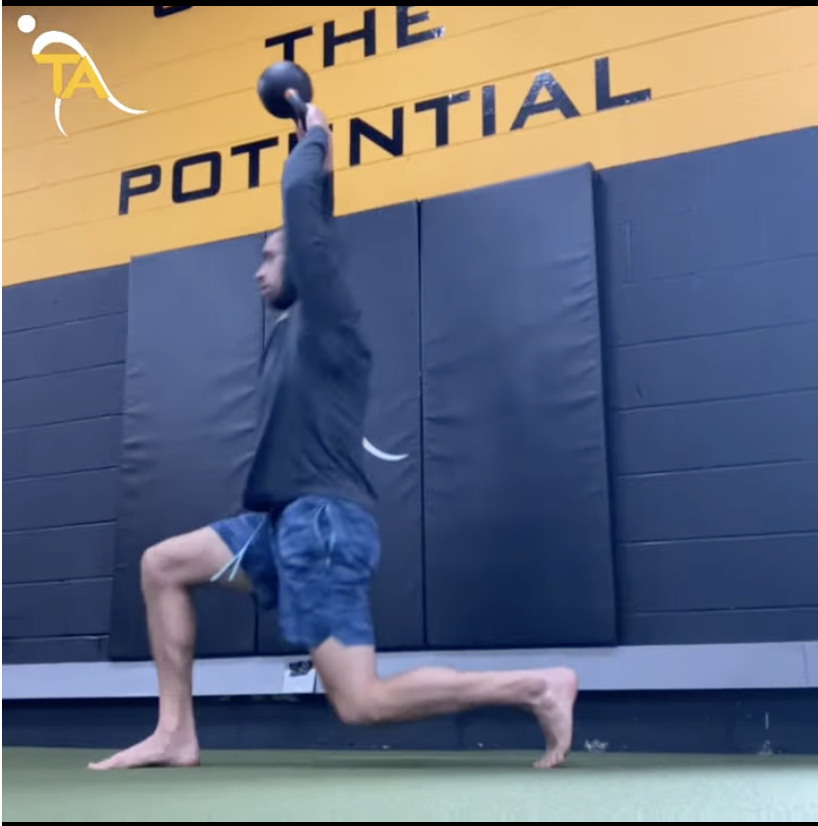Common Questions About Creatine
Athletes frequently ask:
- When should I take creatine?
- How early is too early to start supplementing?
- How much creatine should I take?
This guide will help answer these questions and provide insights into the benefits, potential side effects, and best practices for creatine supplementation.
What is Creatine?
Creatine is a naturally occurring compound stored in the muscles and used to generate energy during high-intensity exercise. It plays a key role in improving athletic performance, making it a popular supplement among athletes and fitness enthusiasts.
Benefits of Creatine Supplementation
When used correctly, creatine can offer several advantages for athletes:
- Increases Lean Muscle Mass – Supports muscle hypertrophy when combined with resistance training.
- Enhances Recovery – Reduces recovery time between sets, allowing for better performance and higher training volume.
- Boosts Strength and Power – Improves overall power output, strength, and endurance, which can benefit athletes in various sports.
Potential Side Effects of Creatine Supplementation
While creatine is generally safe, some individuals may experience mild side effects, including:
- Stomach discomfort or nausea, especially if taken in excessive doses or without proper hydration.
- Increased urination
- Potential risk of muscle cramping
How to Take Creatine: Dosage & Cycling Guidelines
To maximize creatine benefits while minimizing side effects, follow these guidelines:
- Loading Phase (Optional): Take 20-25 grams daily, divided into four doses, for 5-7 days to saturate muscle stores quickly.
- Maintenance Phase: Reduce intake to 3-5 grams daily to sustain optimal creatine levels.
- Gradual Introduction: Beginners can start with 2-3 grams daily and gradually increase to 3-5 grams to allow the body to adjust
- Cycling Creatine: While not strictly necessary, some athletes prefer cycling on and off creatine to encourage natural production.
Is Creatine Safe for Young Athletes?
Creatine is naturally produced in the body and can be obtained through a well-balanced diet. However, supplementation may not be suitable for younger athletes.
- Athletes under 16 or pre-puberty: It is recommended to avoid creatine supplementation to prevent any potential interference with the body’s natural creatine production.
- Athletes 16+ or post-puberty: Consult with a doctor, sports nutritionist, or health professional before starting creatine supplementation. Individual recommendations should be based on factors like age, health status, and genetics.
Final Thoughts
Creatine is a highly researched and effective supplement for improving athletic performance, strength, and muscle growth. When taken correctly, it can be a valuable addition to an athlete’s training regimen. However, age, health, and individual needs should be considered before starting supplementation. Always consult a professional for personalized guidance.
Written By:
Darrid Watson, CSCS, NSCA-CPT
Take action… Now!
Voorhees Flyers Training center.
The Hollydell ice arena, in the main building.



